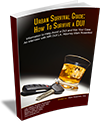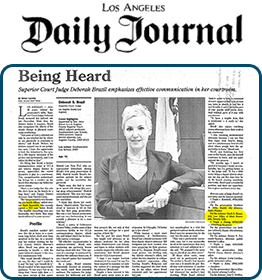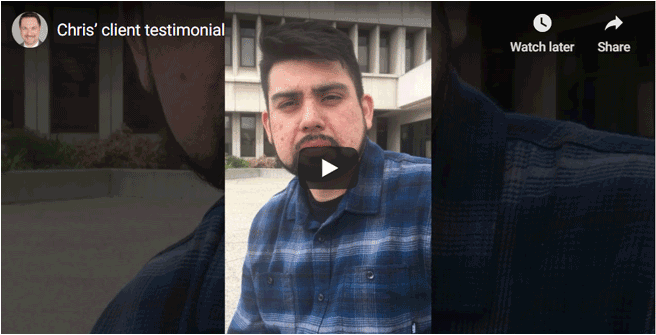If someone is in a parked car and the police come up and want to talk to them, they have to be very cautious and limit their interaction as much as possible; this is something that is actually true any time you come into contact with law enforcement. Perhaps, when police officers are not on the job, they are nice and friendly and fun to hang out with, but when they are doing their job and working, they are investigating anyone and everyone they come in contact with and the longer that someone stays in contact with them, the more likely they’ll be to find something to justify a further detention and investigation. If someone is in a parked car and not driving when police approach, they should be polite and friendly but limit the information they give and keep the contact as short as possible. Police have the right to do a welfare check to make sure that if someone is sleeping in the car that they are not sick and they don’t need medical treatment.
Don’t consent or agree to expand the scope of the investigation; don’t let them search the car, including the trunk, and avoid having them get you out of the car. If the police are asking certain types of questions, looking through the passenger compartment of the car or asking you to get out of the car, they are well on their way to doing a full investigation for something they think has been done wrong. They may smell the odor of alcohol and want to figure out exactly where it’s coming from, so don’t make any statements or admissions or engage the police officers in any way. Keep the conversation as brief as possible, letting the officer know the person in the car is fine, they don’t need any medical treatment and they just wish to be left alone and not to engage in any conversation.
If the conversation goes on, the officer may develop probable cause to conduct an arrest or reasonable suspicion to further the investigation. Officers may see that the person has bloodshot, watery eyes, and they may smell the odor of alcohol, but those alone cannot justify a further investigation. Don’t tell police officers anything about where you’re coming from or going to or how long you were there, because the answers to all of these questions may be used to incriminate that person for driving under the influence.
It’s a very difficult balancing act to be polite and friendly and provide the officer with as little information as necessary; they may be trying to determine if a car is stolen or has been in an accident, so you’ll typically have to give your name and driver’s license if you are in an area where the car was driven and no one else is around. Limit your contact as much as possible; talk just enough to let them know that you’re fine, you’re sleeping and you wish to be left alone.
How Do Police Decide Who Gets Charged with DUI If There Are Multiple People in a Parked Car?
When police officers come in contact with someone in a parked car, they are trained to do an investigation for DUI, but they are also trained to investigate as many potential DUI suspects as possible. So if police see people switch between driver and passenger seats, they may attempt to investigate everyone in the car for possible DUI. It’s not unusual for police to arrest multiple people for DUI if they have reasonable suspicion or probable cause to place multiple people behind the wheel.
In a situation in which there is an accident, they may try to arrest more than one person for driving under the influence, or if they can’t arrest someone for DUI, they may look for another reason to arrest someone. Sometimes, they may arrest the driver for DUI, which causes the car to be impounded and puts everyone else in the car out on the street making them walk or arrange for another ride home. If the passengers had been out drinking with the driver, the officers may conduct an investigation of the passengers for public drunkenness. Public drunkenness and DUI have different standards, but police officers may arrest someone for public drunkenness in addition to the DUI.
Sometimes, drivers or passengers and police may get into an altercation. If police feel that the passengers are obstructing or delaying the officers in their official duties, then someone may be arrested for delaying a police officer; all of these can stem from a DUI investigation with more than one person in the car. Police may try to get people for a variety of crimes and the more you talk, the more time you spend, the more information you give, the more likely that is to happen.
For more information on DUI in a Parked Car, a free initial consultation is your next best step. Get the information and legal answers you’re seeking by calling (310) 424-3145 today.






 Personal Attention
Personal Attention Every criminal case is unique and no attorney can guarantee the outcome of a case. The information on this site is legal advertising and for general information only. Using this site, requesting books, information, consultations or communicating with Attorney Rosenfeld through its site does not form an attorney/client relationship.
Every criminal case is unique and no attorney can guarantee the outcome of a case. The information on this site is legal advertising and for general information only. Using this site, requesting books, information, consultations or communicating with Attorney Rosenfeld through its site does not form an attorney/client relationship.








